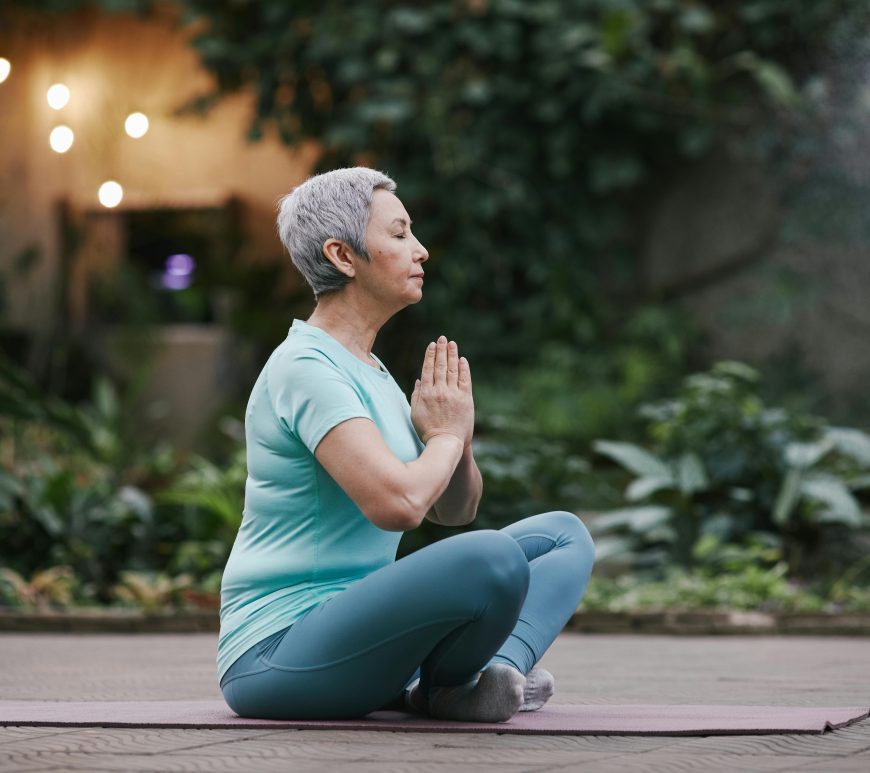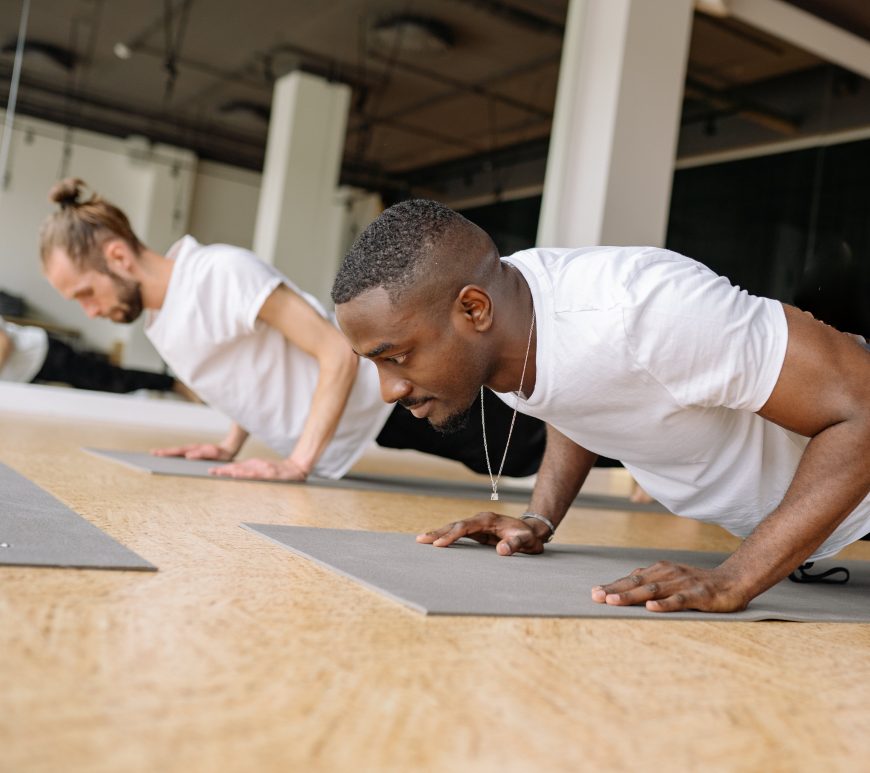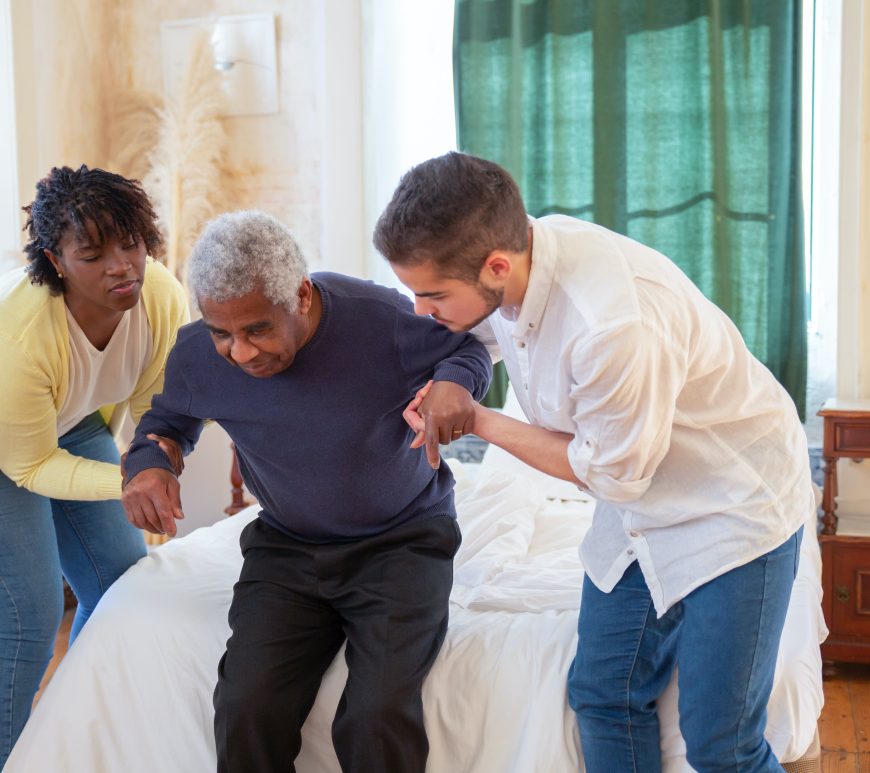
How effective is medical Qigong in reducing inflammation in cancer patients?
In 2012, Oh, et. al., conducted a randomized controlled trial which has found that medical Qigong (MQ), a practice combining gentle exercise and meditation, significantly improves cognitive function, quality of life, and reduces inflammation in cancer patients. The study, conducted by a team of researchers led by Byeongsang Oh, involved 81 cancer patients and highlights the potential benefits of MQ as a complementary therapy for … Continue reading How effective is medical Qigong in reducing inflammation in cancer patients?



